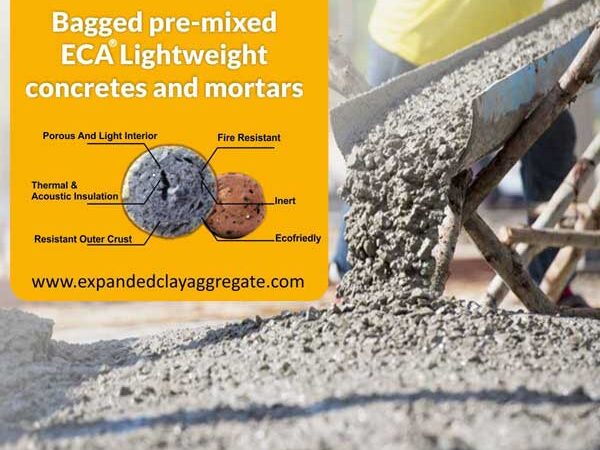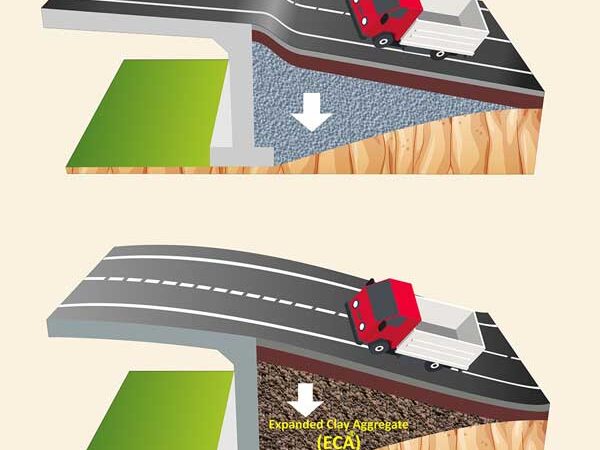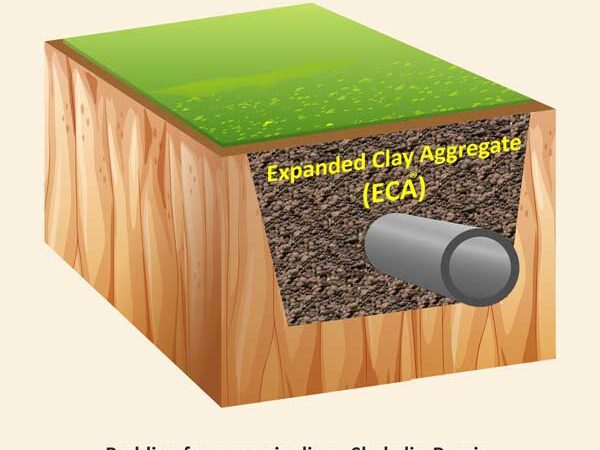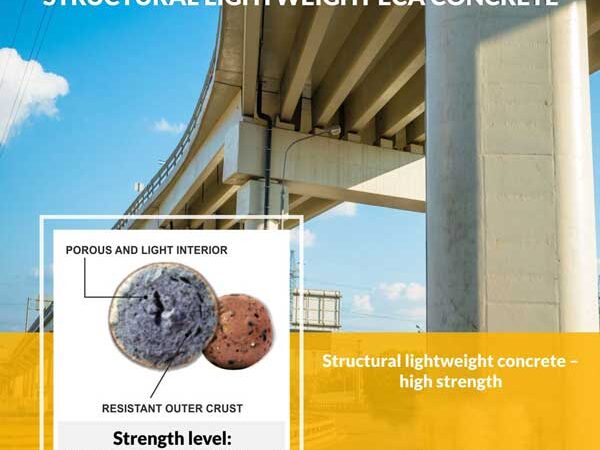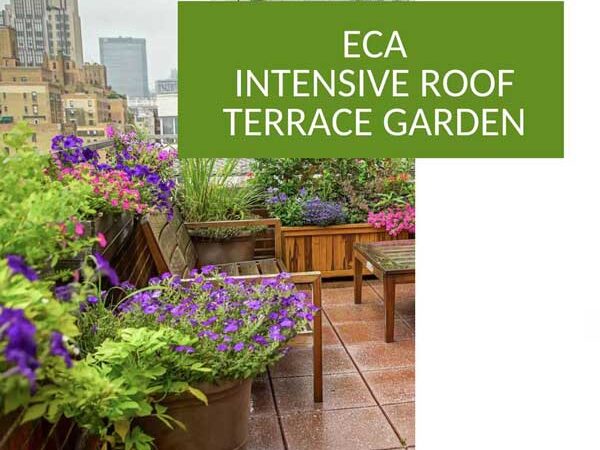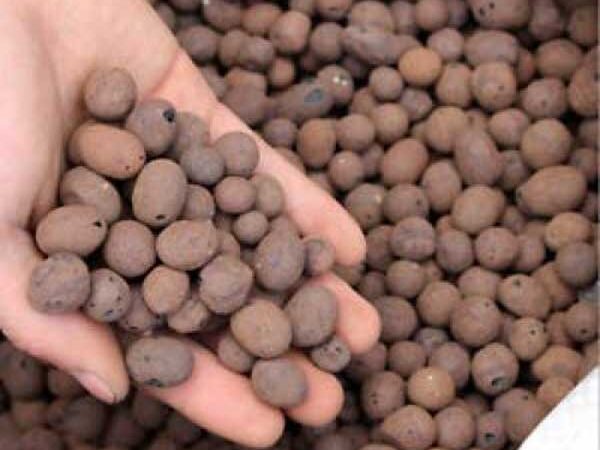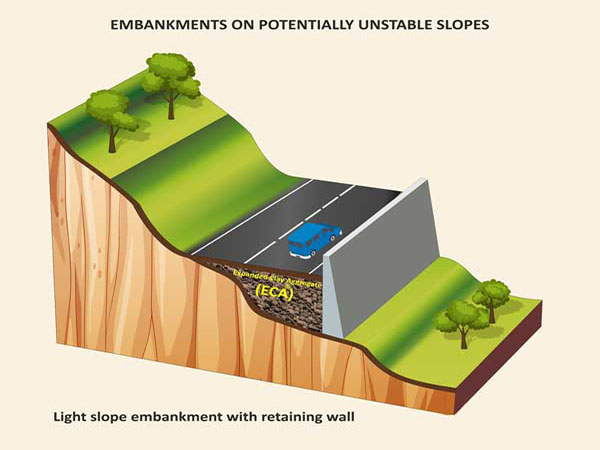+880 1817 64 37 48 / +880 1726 62 66 54 | arhameng2020@gmail.com
Expended Clay Project
An expanded clay project involves the production of lightweight, porous ceramic pellets made from clay. These pellets are used in a variety of applications, including horticulture, building insulation, and water filtration. The process of making expanded clay involves heating clay pellets to high temperatures in a rotary kiln, causing them to expand and become porous. The resulting pellets are lightweight, durable, and highly resistant to moisture, making them ideal for use in harsh environments.
A successful expanded clay project requires careful attention to detail in the manufacturing process, as well as a focus on quality control and consistency. The production process must also be designed to be environmentally sustainable, with a focus on reducing energy consumption and minimizing waste. With its many potential applications and eco-friendly properties, an expanded clay project can be an excellent investment opportunity for those looking to enter the ceramics industry or contribute to sustainable development.
Why do use ……..
Expanded clay has several unique properties that make it an ideal material for various applications, including:
- Lightweight: Expanded clay is lightweight, making it easy to handle and transport. This property is particularly useful in construction and horticulture applications, where heavy materials can be difficult to work with.
- Porous: The expanded clay has a porous structure, which allows it to absorb and retain water. This property makes it ideal for horticulture and landscaping applications, as it can help improve soil drainage and prevent waterlogging.
- Insulating: Expanded clay has good insulating properties, which make it ideal for use as a building insulation material. It can help reduce heat loss and energy consumption in buildings.
- Environmentally friendly: Expanded clay is made from natural clay, which is a renewable resource. It is also recyclable and can be reused in other applications, making it an environmentally friendly option.
- Durable: Expanded clay is durable and long-lasting, making it ideal for use in harsh environments. It is resistant to pests, mold, and rot, and can withstand exposure to water and extreme temperatures.
Overall, the unique combination of properties offered by expanded clay makes it an excellent material for various applications, from horticulture and landscaping to construction and insulation.
Where is use …….
Expanded clay is used in a variety of applications, including:
- Horticulture and landscaping: Expanded clay is commonly used in horticulture and landscaping applications, as it can improve soil drainage, aeration, and moisture retention. It is often used as a growing medium for plants, in hydroponic systems, and as a soil amendment.
- Building insulation: Expanded clay is an effective insulating material, making it ideal for use in building insulation applications. It is lightweight and easy to install, and can help reduce heat loss and energy consumption in buildings.
- Water filtration: The porous structure of expanded clay makes it ideal for use in water filtration applications. It can be used as a filter medium to remove impurities and improve water quality.
- Lightweight concrete: Expanded clay can be used as an aggregate in lightweight concrete, which is used in construction applications where weight is a concern.
- Road construction: Expanded clay can be used as a lightweight, stable filling material in road construction, providing a durable and stable base for roads and bridges.
Overall, expanded clay is a versatile material that can be used in a wide range of applications, from horticulture and landscaping to construction and water filtration. Its unique properties make it an attractive option for many different industries and applications.


